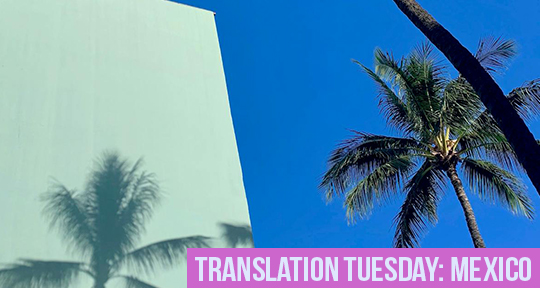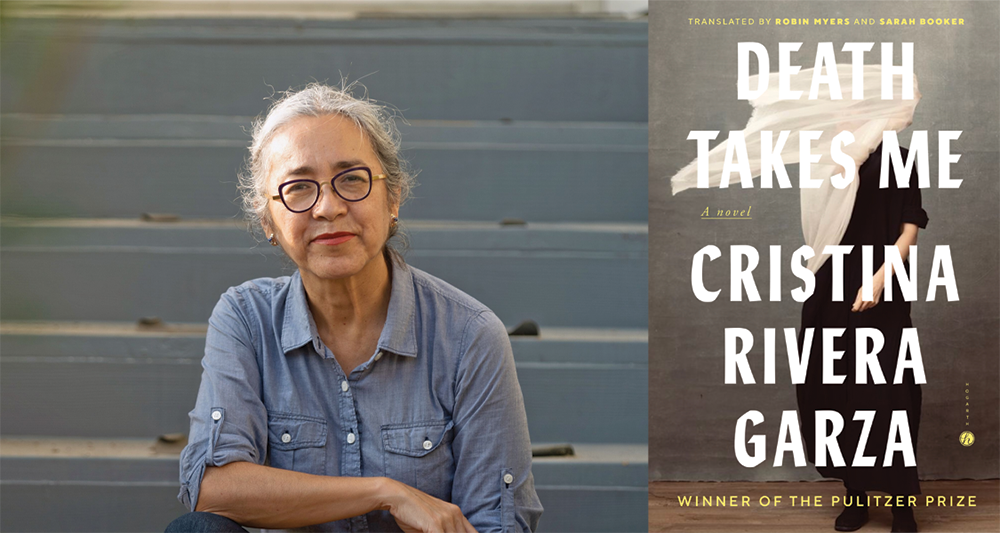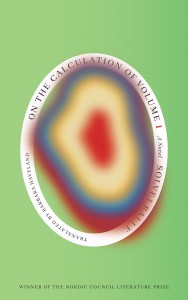Who’s waiting on the other side of the door? In this week’s Translation Tuesday offering, a darkly comic short story by Mexican author Guillermo Fadanelli, the anxiety of being seen overwhelms our narrator—even when there’s no one else around. It’s for that reason that the threshold, the thin barrier between inside and outside, becomes a sacred space, protecting his tranquil sanctum. From a safe distance, he surveys his surroundings with a mixture of fear and curiosity. But when a neighbor comes calling, he must cross that boundary and confront the bewildering, savage world outside. Translated from the Spanish by Helena Dunsmoor, this story examines what it costs to exist alongside others.
When some person comes to my house and knocks on the door with their knuckles, my heart suffers a strange tremor. Suddenly paralyzed, I can’t move at all or answer out loud that yes, I’m in here hearing your knocking. Then I start thinking about the possibility of opening the door to find out who’s on the other side waiting for a reply, at least. I’d love to own a dog whose bark would let intruders know that things aren’t so easy in here. But the gaze of dogs is unbearable, and it would be hard getting used to looking him in the eye every day. So many times in my life I’ve had to call something off just because a damned animal is watching me.
Yesterday, while I was writing a letter to the director of a charity, three blows—flat, dry, free of reverberations—slammed against my apartment door. I tensed up right away. My spine lost its usual curvature and my fingers curled like seashells. I always nurse the hope it will be a mistake. The individual standing just feet away, separated from my person by nothing more than a thin wall, looks up to confirm the error. The metal figure on the door is quite clearly the number 5. It could look like an S, but I truly doubt anyone would come into this building looking for an S. Things never go that way. Instead, further knocking ensues, irritable and unseemly. I’ve been tempted to answer with barks, but I’m no good at imitating animals. When I was a boy I could moo like a cow, bleat and even trumpet, but those days are gone.











